2023 shifts information-based healthcare to intelligent healthcare
AI, digitalization, and data analytics are the main forces behind innovation in the life sciences sector.
The transition from information-based healthcare to intelligent healthcare last year is characterised by the widespread adoption of generative AI, which has moved from data scientists to mainstream applications, according to KPMG.
Anastasia Miros, Healthcare and Life Sciences Director at KPMG Asia Pacific, highlighted that over 60% of life sciences CEOs based on their survey are prioritising generative AI investments, indicating a strong shift towards integrating AI into every facet of healthcare, from product development to stakeholder engagement.
“So AI and digitalization won't just shape the future of life sciences and healthcare. It ultimately is the future of life sciences and healthcare,” she said.
Miros explained that the promise of AI and digitalization brings both unprecedented risks and opportunities as it demands a proactive and conscious shaping of the future by the life sciences and healthcare ecosystem.
This includes developing capabilities across all levels to harness the potential of AI and digitalization effectively. Miros asserted that the sector should not passively allow AI and digitalization to shape its future. Instead, it should actively mould the future to realise the full potential of these technologies in delivering intelligent care.
“[Life sciences innovation] is ultimately dependent on data, particularly quality data. Data becomes requisite across all aspects of the life sciences value chain to ultimately drive innovation and value both internally but also for the healthcare ecosystem,” she said.
Data and analytics are pivotal in this transformation, described by Miros as the "new oil" of the healthcare and life sciences sector. With patients generating vast amounts of data annually, stakeholders are eager to create, realise, and monetize data assets. This data economy is expected to foster partnerships, collaborations, and even novel commercial models, making data an integral product in itself.
The partnership landscape is also evolving, with life sciences companies extending their roles beyond mere product producers to become integral players in end-to-end care solutions. This shift is facilitated by collaborations across a broadening ecosystem, including technology providers, insuretechs, and fintechs, especially significant in the Asia Pacific region.
In 2023, the region accounted for nearly one-fifth of global partnerships in this domain, only second to the US. These partnerships are not just increasing in volume but also diversifying in nature, signalling a blurring of traditional roles within the healthcare continuum.
Miros encourages life sciences companies to navigate this new landscape by distinguishing collaborators from competitors and exploring partnerships beyond traditional boundaries. This approach aims to accelerate value creation not just for individual companies but for the entire healthcare ecosystem.
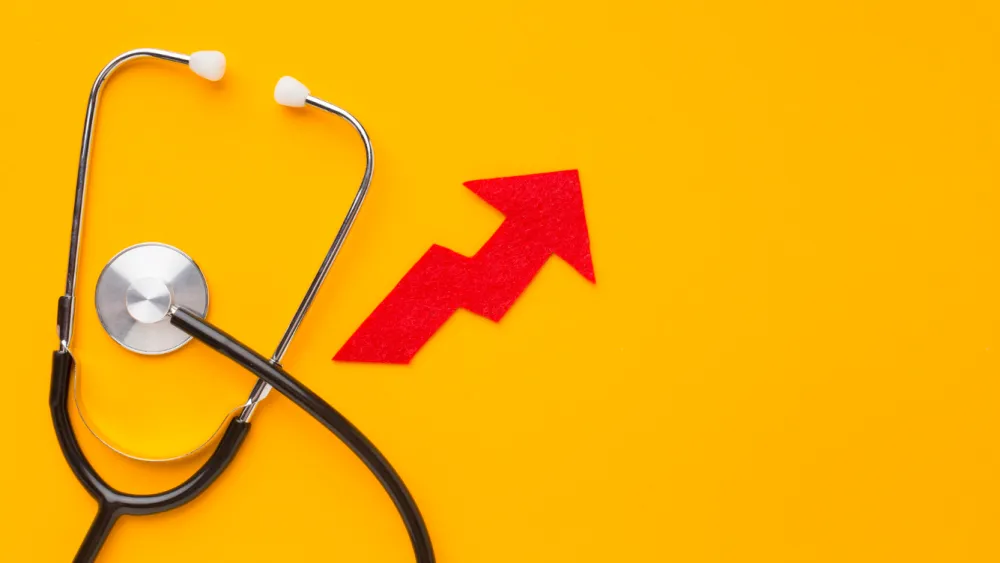
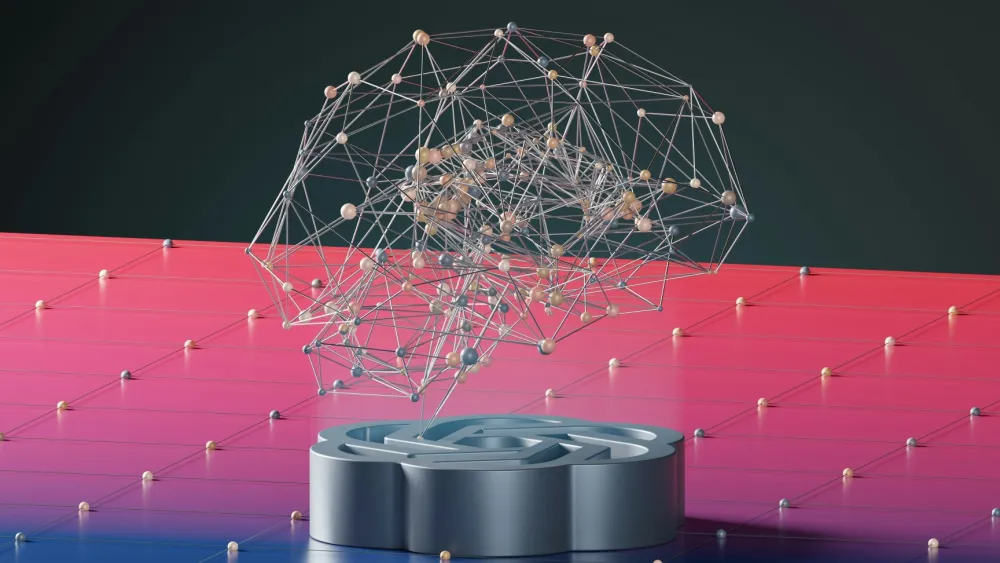

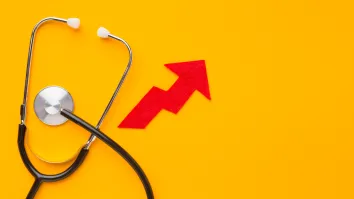
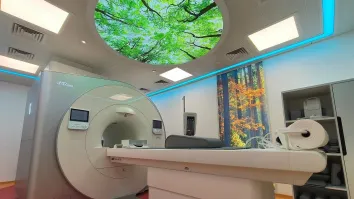
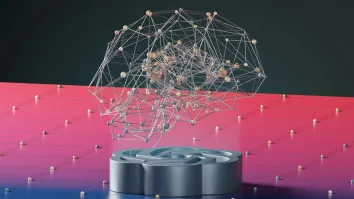













 Advertise
Advertise







